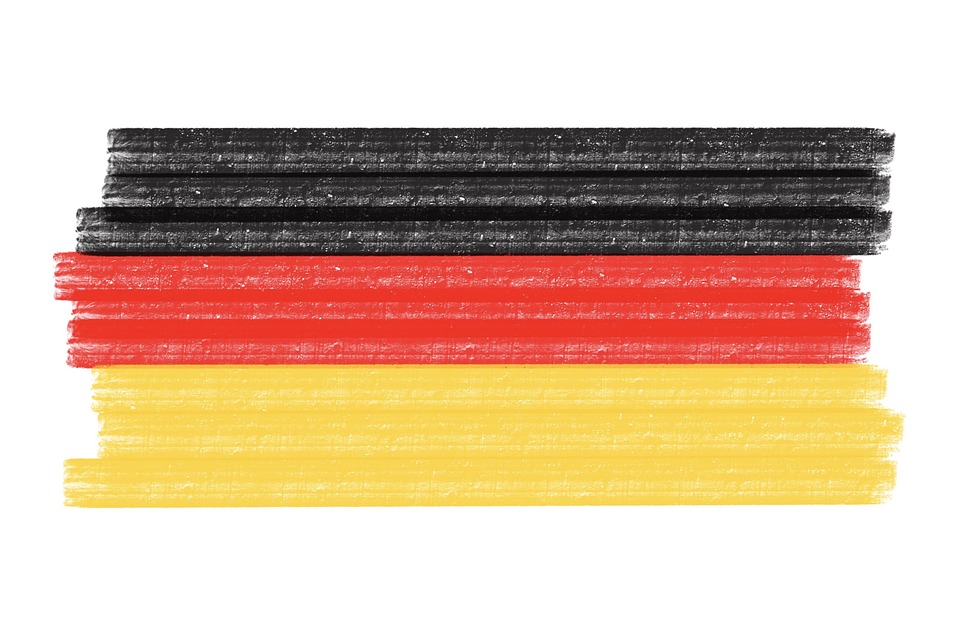Author: Julia Sun
The new German government reached a coalition agreement late last year, promising official development assistance to remain at the level of GNI 0.7%. The new Federal Minister for Economic Cooperation and Development says Germany has a special responsibility in global cooperation.
Total words2335About6minutes
On December 8, 2021, Olaf Scholz officially took office as Chancellor of Germany, ending the 16-year Merkel era. Earlier, the Social Democrats, the Green Party and the Liberal Democrats had reached an agreement on a coalition government. Because the representative colors of the three parties are red, green, and yellow, the ruling coalition has been dubbed the "traffic light coalition" by the outside world. The new cabinet is composed of 8 male ministers and 8 female ministers, fully reflecting the gender balance. Svenja Schulze has been appointed Minister of Economic Cooperation and Development (BMZ) in the new government. She served as Federal Environment, Conservation and Nuclear Safety Minister in the previous government. Schulz believes that Germany has a special responsibility as a bridge builder and supporter in global cooperation. Schultz expects the Ministry of Economic Cooperation and Development to strive to ensure that everyone in the world can enjoy a better life as the goal, protecting important natural resources, good development prospects, and solidarity and justice. Germany is the second largest provider of ODA to the OECD's Development Assistance Committee (DAC). In 2020, Germany's total ODA in grant-equivalent terms rose to 0.73% of Gross National Income (GNI). Germany ranks fourth among DAC members in terms of ODA as a percentage of gross national income. In May 2020, the German Federal Ministry for Economic Cooperation and Development released"2030 Reform Strategy", making the fight against hunger and poverty and the realization of the 2030 Agenda for Sustainable Development the main goals of foreign aid.
Maintain aid target of 0.7%
The new government promises that Germany's official development assistance (ODA) will remain at the level of GNI0.7%, of which 0.2% of gross national income will go to the least developed countries. The "Traffic Light Alliance" joint governance agreement shows that the key areas of development and cooperation of the new German government include:
Fighting the new crown epidemic is the core task
The new government regards the fight against the new crown epidemic as a "core task". The new government will set up a permanent crisis management team to coordinate work at the federal and state levels, as well as a team of experts in the Prime Minister's Office. Germany will continue toCOVID-19 Vaccine Implementation Plan (COVAX)Provide additional funding and other support. In addition, Germany also supports voluntary vaccine production cooperation and technology transfer to expand the global production capacity of medicines and vaccines.
Climate change gets more attention
Germany is a pioneer in the fields of sustainable development and climate change. The new government pays more attention to climate change, plans to increase international climate financing on the basis of existing official development assistance funds, advances the closing time of the last coal-fired power plant from 2038 to 2030, and reduces the proportion of renewable energy power generation in 2030 from The original 65% was raised to 80% with a commitment to be carbon neutral by 2045.
Global health and R&D a focus
The new government has focused on a multidisciplinary approach to disease control known as "One Health", pledged to continue to support COVAX, and further focus on biotechnology research and development. The new government has highlighted poverty-related tropical diseases and other underappreciated global health problems, and will expand efforts on water, sanitation and hygiene (WASH).
Gender equality is a priority
Gender equality will be one of the priorities of the new government. Germany plans to incorporate the promotion of gender equality and social diversity into its development policies, and promises to work with stakeholders to develop a comprehensive gender action plan to strengthen the rights of marginalized groups such as women and girls and provide them with more resources. The new government will continue to support sexual and reproductive health rights and provide women and girls with unrestricted access to health care. In addition, Germany will consider nominating more women to management positions in international institutions and will develop a comprehensive action plan for gender equality.
Sustainable agroforestry is also a focus
Promoting food security and access to clean drinking water through sustainable agro-ecological approaches, knowledge and technology transfer, especially supporting smallholder agriculture, will be one of the development priorities of the new government. Germany will support the cultivation of crop varieties adapted to climate change, invest in the protection of existing forest land and sustainable afforestation, and fulfill its commitments in international climate financing.
strengthen multilateralism
The new government will strengthen Germany's participation in multilateral institutions. The new government will continue to support a greater role for the United Nations in the international order, supportMultilateralism and the rules-based international order, support the reform of the UN Security Council, and will use Germany's 2022 presidency of the G7 to promote multilateralism. The new government will also promote the development of the World Trade Organization and improve the trade dispute settlement mechanism. In addition, the new German government will support the Global Social Protection Fund in establishing social protection systems to support partner countries in fighting poverty.
Germany is a global leader in many areas of international development. It is one of the few countries where domestic and international development agendas are aligned. In the future, Germany's development cooperation policies and actions will continue to be aligned with the UN's 2030 Sustainable Development Goals and contribute globally to sustainable development, the eradication of hunger and poverty, climate justice and biodiversity.
All rights reserved, please indicate the source when citing.
References
https://www.oecd-ilibrary.org/sites/0079f636-en/index.html?itemId=/content/component/0079f636-en
Past review
- Recapping International Development in 2021
- Seven Principles Likely to Influence Germany's Post-Election Development Cooperation Policies
- UK's 30% Reduction in Foreign Aid Budget Raises Concerns
- New Administrator Outlines Three Priorities for USAID
- New Trends in U.S. Development Cooperation Revealed by the 2022 Budget Proposal

